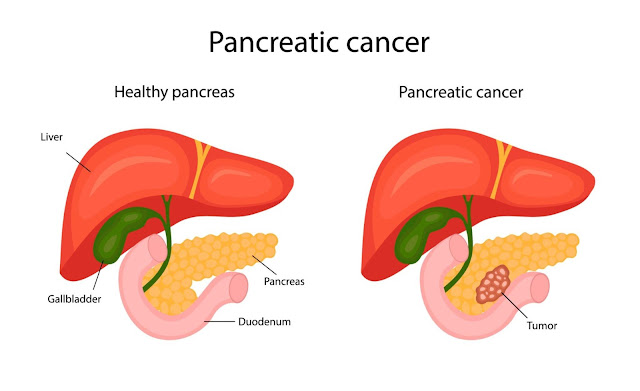Unraveling Spinal Tumors: Types, Symptoms, and Treatment Options
Spinal tumors are abnormal growths in the spinal column that can originate from the spine or spread from other parts of the body. They are classified as primary or metastatic tumors. Primary tumors develop within the spinal column, either within the spinal cord or outside it. Metastatic tumors are secondary tumors that have spread to the spine from other primary cancer sites.
Symptoms of
spinal tumors can vary depending on various factors such as the location, size,
and growth rate of the tumor. Here's a description of the common symptoms
associated with spinal tumors:
Persistent
back or neck pain: Spinal tumors often cause persistent and localized pain in
the affected area of the spine. The pain may worsen over time and may be more
intense at night or with movement.
Neurological
deficits: As spinal tumors grow, they can compress or invade the spinal cord or
nerve roots, leading to neurological deficits. These deficits can manifest as
weakness, numbness, tingling, or loss of sensation in the limbs. Patients may
experience difficulty walking or maintaining balance. In some cases, there may
be problems with bowel or bladder control.
Changes in
reflexes: Spinal tumors can affect the normal reflexes of the body. Reflexes
may become hyperactive or diminished, indicating the disruption of nerve
pathways due to tumor growth.
Spinal
deformities: In certain cases, spinal tumors can cause deformities in the
spine, such as scoliosis (sideways curvature) or kyphosis (forward curvature).
These deformities may lead to noticeable changes in posture or alignment of the
spine.
If you are
diagnosed with a spinal tumor and seeking effective treatment options in
Meerut, look no further than Valentis Cancer Hospital. Renowned for their
exceptional care and expertise in the field, Valentis Cancer Hospital offers
best Spine tumor treatment in Meerut. With a multidisciplinary approach and
advanced treatment modalities, they provide comprehensive and personalized care
to help patients effectively manage and treat their spinal tumors
.jpg)



Comments
Post a Comment